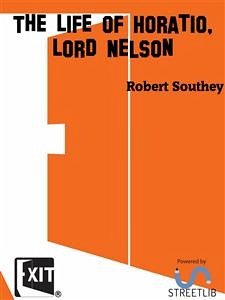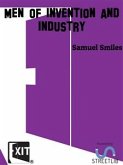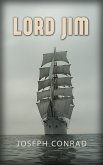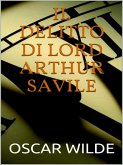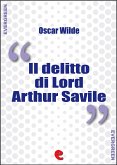CHAPTER I
1758 - 1783
Nelson's Birth and Boyhood—He is entered on Board the RAISONABLE—Goes to the West Indies in a Merchant-ship; then serves in the TRIUMPH—He sails in Captain Phipps' Voyage of Discovery—Goes to the East Indies in the SEAHORSE, and returns in ill Health—Serves as acting Lieutenant in the WORCESTER, and is made Lieutenant into the LOWESTOFFE, Commander into the BADGER Brig, and Post into the HINCHINBROKE—Expedition against the Spanish Main—Sent to the North Seas in the ALBERMARLE—Services during the American War.
HORATIO, son of Edmund and Catherine Nelson, was born September 29, 1758, in the parsonage-house of Burnham Thorpe, a village in the county of Norfolk, of which his father was rector. His mother was a daughter of Dr. Suckling, prebendary of Westminster, whose grandmother was sister of Sir Robert Walpole, and this child was named after his godfather, the first Lord Walpole. Mrs. Nelson died in 1767, leaving eight out of eleven children. Her brother, Captain Maurice Suckling, of the navy visited the widower upon this event, and promised to take care of one of the boys. Three years afterwards, when HORATIO was only twelve years of age, being at home during the Christmas holidays, he read in the county newspaper that his uncle was appointed to the RAISONNABLE, of sixty-four guns. "Do, William," said he to a brother who was a year and a half older than himself, "write to my father, and tell him that I should like to go to sea with uncle Maurice." Mr. Nelson was then at Bath, whither he had gone for the recovery of his health: his circumstances were straitened, and he had no prospect of ever seeing them bettered: he knew that it was the wish of providing for himself by which Horatio was chiefly actuated, and did not oppose his resolution; he understood also the boy's character, and had always said, that in whatever station he might be placed, he would climb if possible to the very top of the tree. Captain Suckling was written to. "What," said he in his answer, "has poor Horatio done, who is so weak, that he, above all the rest, should be sent to rough it out at sea?—But let him come; and the first time we go into action, a cannon-ball may knock off his head, and provide for him at once."
1758 - 1783
Nelson's Birth and Boyhood—He is entered on Board the RAISONABLE—Goes to the West Indies in a Merchant-ship; then serves in the TRIUMPH—He sails in Captain Phipps' Voyage of Discovery—Goes to the East Indies in the SEAHORSE, and returns in ill Health—Serves as acting Lieutenant in the WORCESTER, and is made Lieutenant into the LOWESTOFFE, Commander into the BADGER Brig, and Post into the HINCHINBROKE—Expedition against the Spanish Main—Sent to the North Seas in the ALBERMARLE—Services during the American War.
HORATIO, son of Edmund and Catherine Nelson, was born September 29, 1758, in the parsonage-house of Burnham Thorpe, a village in the county of Norfolk, of which his father was rector. His mother was a daughter of Dr. Suckling, prebendary of Westminster, whose grandmother was sister of Sir Robert Walpole, and this child was named after his godfather, the first Lord Walpole. Mrs. Nelson died in 1767, leaving eight out of eleven children. Her brother, Captain Maurice Suckling, of the navy visited the widower upon this event, and promised to take care of one of the boys. Three years afterwards, when HORATIO was only twelve years of age, being at home during the Christmas holidays, he read in the county newspaper that his uncle was appointed to the RAISONNABLE, of sixty-four guns. "Do, William," said he to a brother who was a year and a half older than himself, "write to my father, and tell him that I should like to go to sea with uncle Maurice." Mr. Nelson was then at Bath, whither he had gone for the recovery of his health: his circumstances were straitened, and he had no prospect of ever seeing them bettered: he knew that it was the wish of providing for himself by which Horatio was chiefly actuated, and did not oppose his resolution; he understood also the boy's character, and had always said, that in whatever station he might be placed, he would climb if possible to the very top of the tree. Captain Suckling was written to. "What," said he in his answer, "has poor Horatio done, who is so weak, that he, above all the rest, should be sent to rough it out at sea?—But let him come; and the first time we go into action, a cannon-ball may knock off his head, and provide for him at once."

